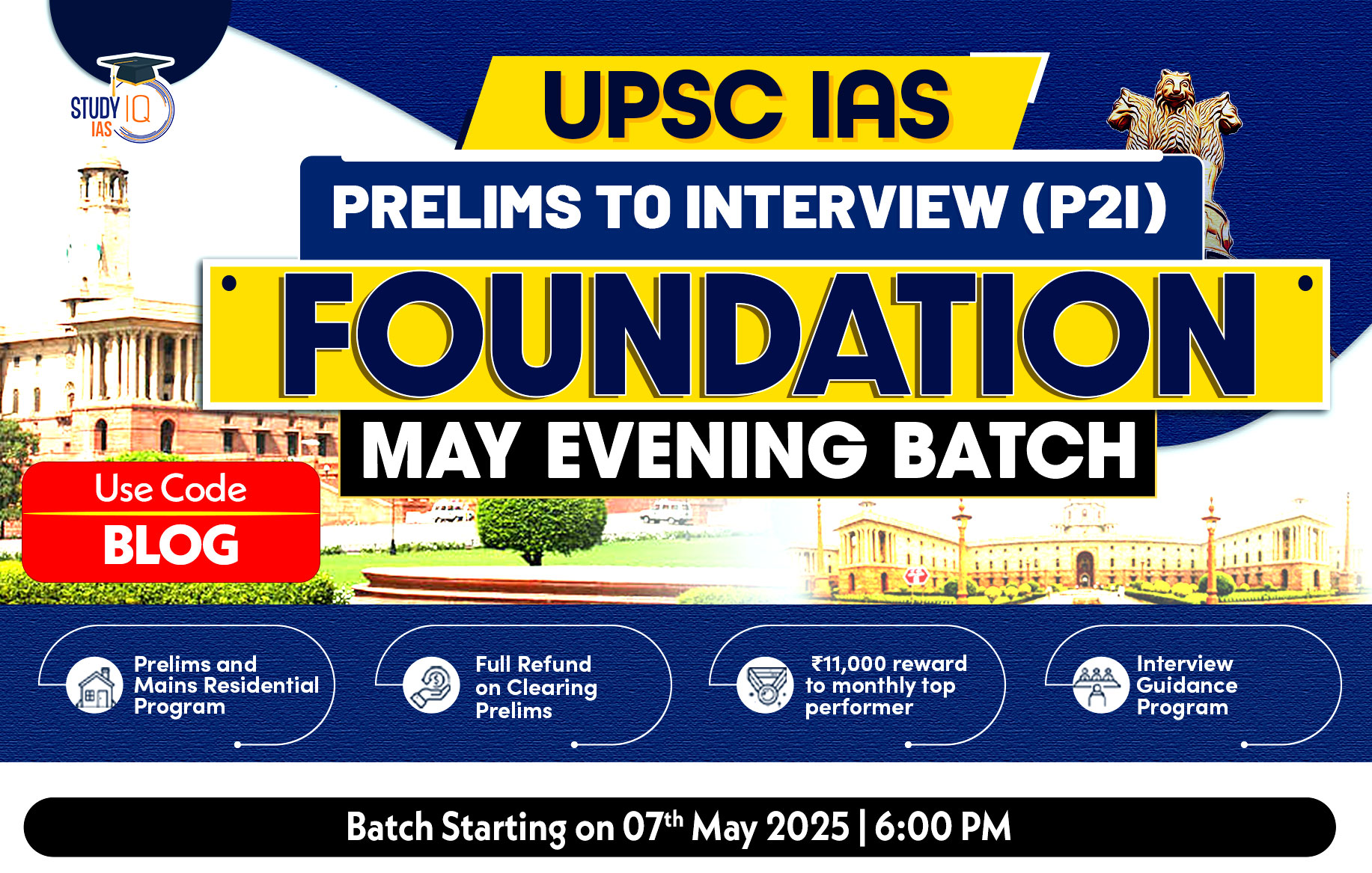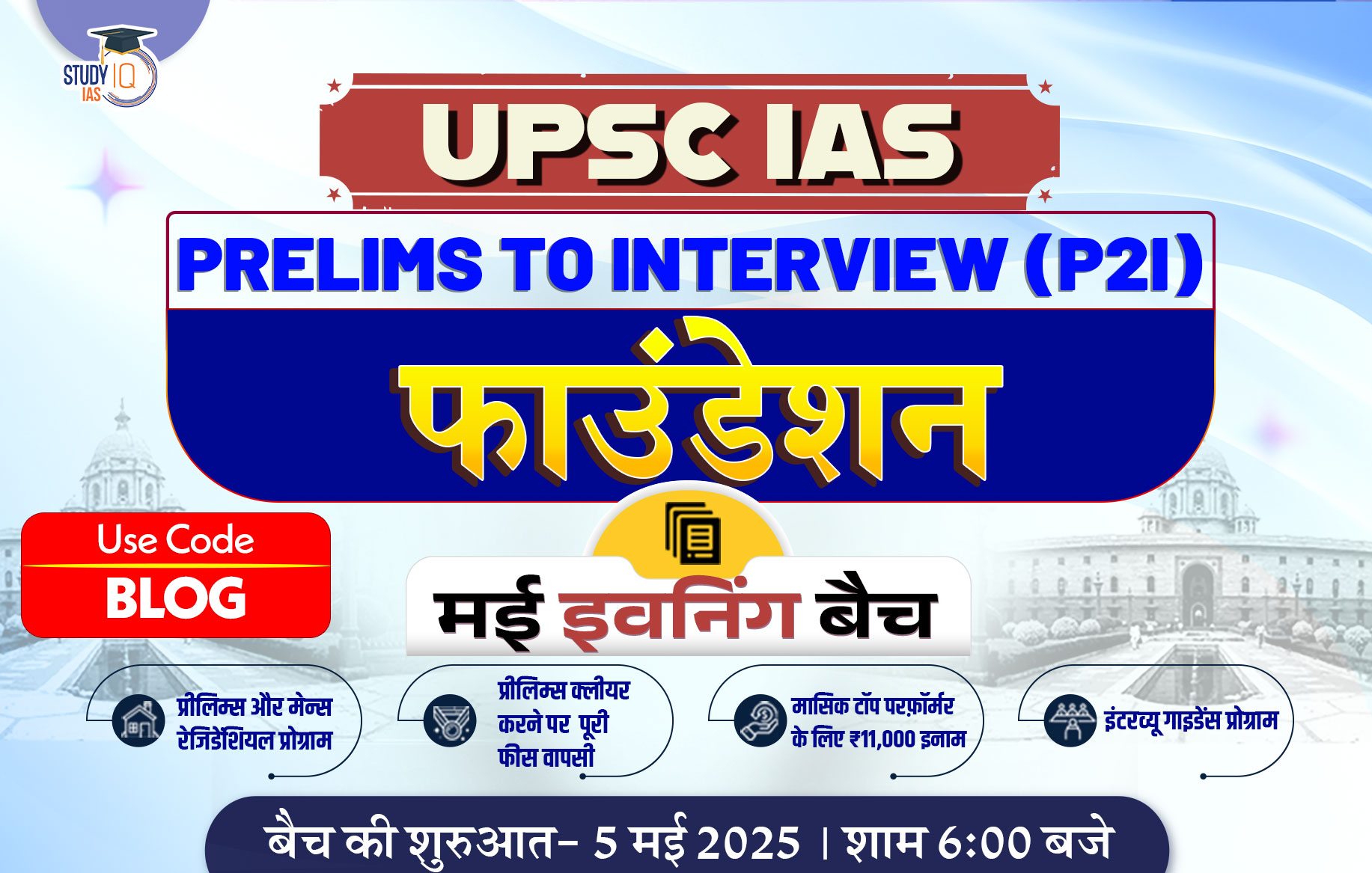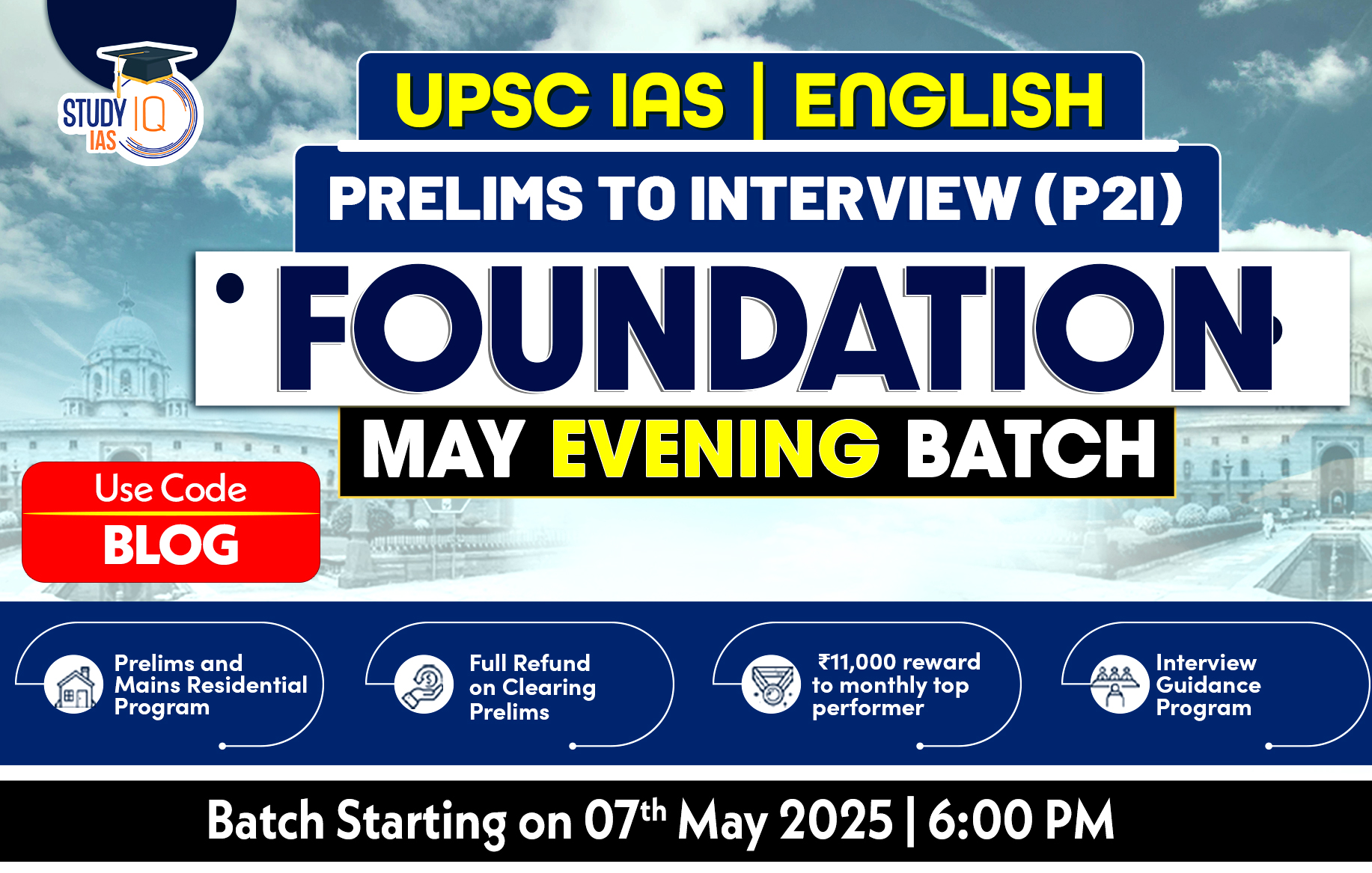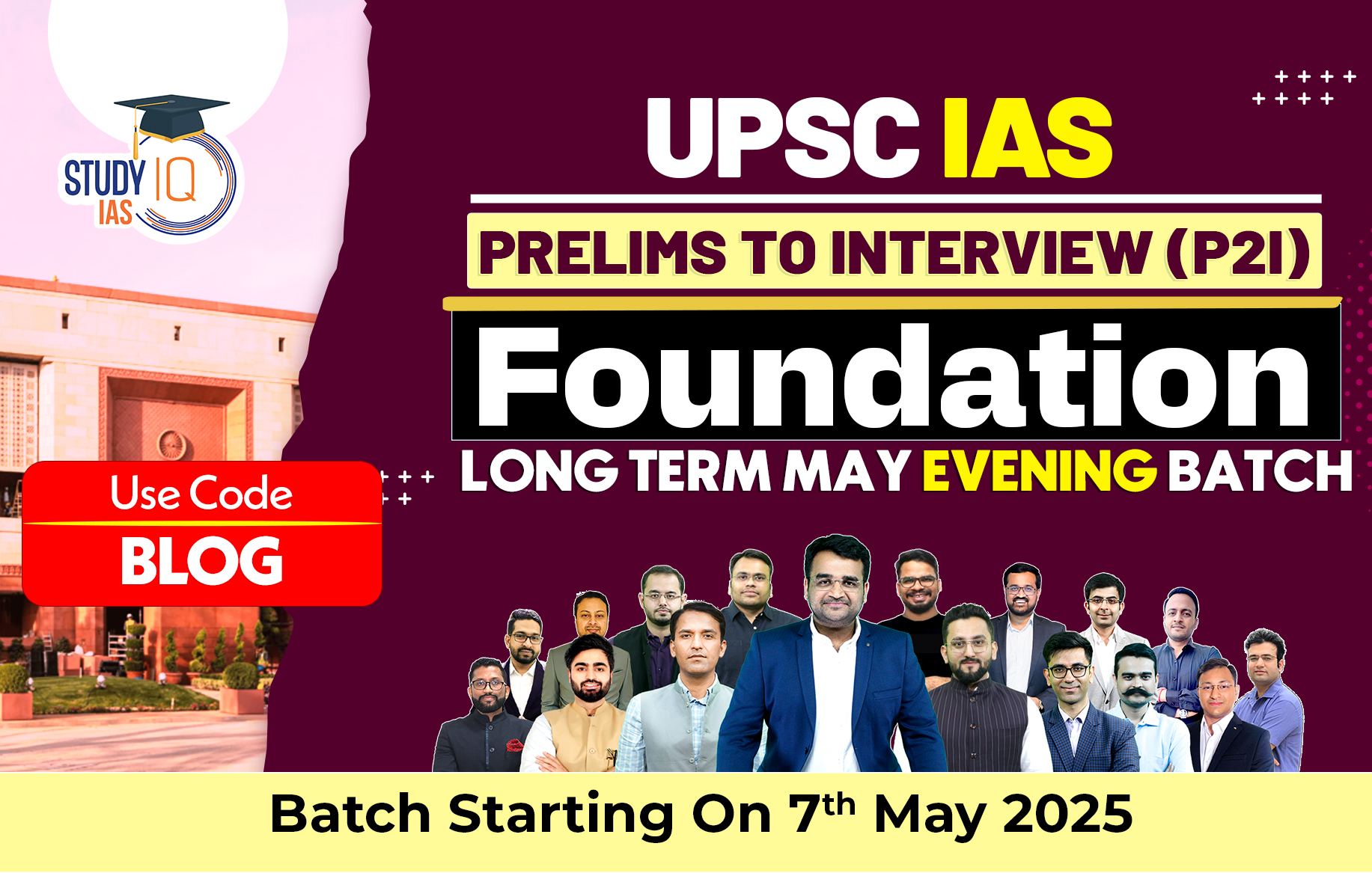The Hindu Newspaper Analysis for UPSC

The Hindu Newspaper Analysis 25 August 2023
- Giving a much-awaited glimpse of Pragyan, the Indian Space Research Organisation (ISRO) on Friday said the rover successfully traversed a distance of around eight metres on the lunar surface.
- The ISRO released two videos of Pragyan, two days after the Vikram lander of Chandrayaan-3 made a historic soft-landing near the South Pole of the moon. The first video shows the rover rolling out of the lander onto the lunar surface.
- The video was captured by the Lander Imager Camera on Wednesday. The second video shows the deployment of the ramp from the lander and the deployment of the solar panel of the rover.
- “A two-segment ramp facilitated the roll-down of the rover. A solar panel enabled the rover to generate power,” the ISRO said on X (formerly Twitter).

- Amid an ongoing face-off, Punjab Governor Banwarilal Purohit on Friday shot off a letter to Chief Minister Bhagwant Mann asking him to reply to his queries, failing which he would send a report to the President about “failure of constitutional mechanism” in the State under Article 356 (President’s Rule).
- The Governor also warned of initiating criminal proceedings under Section 124 (assaulting or overawing the President or Governor with intent to compel or restrain the exercise of any lawful power) of the Indian Penal Code.
- President’s Rule in a State:
- President’s Rule implies the suspension of a state government and the imposition of direct rule of the Centre.
- It is also known as ‘State Emergency’ or ‘Constitutional Emergency’.
- Constitutional Provisions:
- The President’s Rule is imposed through the invocation of Article 356 of the Constitution by the President on the advice of the Union Council of Ministers.
- Under Article 356, President’s Rule is imposed if the President, upon receipt of the report from the Governor of the State or otherwise, is satisfied that a situation has arisen in which the government of the State cannot be carried on in accordance with the provisions of the Constitution.
- Parliamentary Approval and Duration:
- A proclamation imposing President’s Rule must be approved by both the Houses of Parliament within two months from the date of its issue.
- The approval takes place through simple majority in either House, that is, a majority of the members of the House present and voting.
- Initially valid for six months, the President’s Rule can be extended for a maximum period of three years with the approval of the Parliament, every six months.
- Consequences of President’s Rule:
- The state governor, on behalf of the President, carries on the state administration with the help of the chief secretary of the state or the advisors appointed by the President.
- The President can declare that the powers of the state legislature are to be exercised by the Parliament.
- The President either suspends or dissolves the state legislative assembly.

- A ‘holding together federation’ with a built-in unitary bias, the Indian Constitution was the contextual product of centrifugal forces and fissiparous tendencies in the run-up to Independence.
- Indeed, equity should be the overarching concern of the 16th Finance Commission and that HDI could be considered as a strong candidate in the horizontal distribution of tax devolution. Second, there is a case for revisiting Article 246 and the Seventh Schedule for a denovo division of powers, functions and responsibilities for a variety of reasons.
- under the changing dispensation, several pieces of central legislation such as the Mahatma Gandhi National Rural Employment Guarantee Act 2005, the Right of Children to Free and Compulsory Education Act 2009, the National Food Security Act 2013 and many others impose an extra burden on the States.
- Fifth, there is a great need to review the off-Budget borrowing practices of both the Union and the States. Off-Budget borrowings mean all borrowings not provided for in the Budget but whose repayment liabilities fall on the Budget. They are generally unscrutinised and unreported.
- In sum, the dynamics of the emerging fiscal federalism of India entails significant rethinking especially in the context of the 16th Finance Commission.

- The green economy paradigm provides an optimistic pathway to align development and environmental outcomes. For instance, building a solar park or an electric vehicle charging station helps expand the much-needed infrastructure in a developing economy while furthering climate action. Similarly, reviving millets helps improve farm incomes in rain-fed areas while making our agriculture climate resilient.

- For instance, solar dryers converting throwaway tomatoes into sun-dried ones in Andhra Pradesh, biomass-powered cold storages helping farmers in Maharashtra selling lemons make a gain that is three to five times that of the original price, or solar silk reeling machines reducing drudgery for thigh-reelers and doubling their income in Odisha are some of the 50,000-plus examples of how cleantech solutions are already contributing to the jobs and incomes of rural women and men.
- Research at the Council on Energy, Environment and Water (CEEW) shows that just 12 such cleantech solutions (varying from solar pumps to cold storages to charkhas and looms) have the potential to impact at least 37 million livelihoods or about 16% of our rural population. There needs to be a three-fold approach to traverse this journey from 50,000-plus to tens of millions.

- If there was any doubt about the relevance of the BRICS grouping (Brazil-Russia-India-China-South Africa), which held its 15th Summit in Johannesburg this week, the massive global interest in its outcomes should have put those to rest.
- The decision to more than double its membership overnight, from 5 to 11, by inducting four major middle eastern players, Egypt, Iran, Saudi Arabia and the United Arab Emirates, as well as Ethiopia and Argentina, from Africa and South America, respectively, is significant.
- BRICS has weathered several storms and is today seen, if not as any alternative, as a counter-narrative creator to the western-led G-7 club on diverse issues: from climate change commitments and UN reform to its rejection of unilateral western sanctions against Iran, Russia and Venezuela. By also creating the New Development Bank, which has funded nearly 100 projects so far, instituting a Contingent Reserve Arrangement, and other institutional mechanisms, the BRICS countries have also shown their ability to work on practical initiatives.
- The rivalry between India and China has no doubt slowed the grouping down and the induction of arch rivals Iran and Saudi Arabia-UAE, despite their recent détente, could well create similar issues for the group in the future.
- In addition, any overtly political, anti-western stance by BRICS will make India, and other countries in the grouping who walk a tightrope between the global powers, including Egypt, the UAE, Saudi Arabia and Brazil, uncomfortable.
- Above all, any attempts by China to overpower the group with its strategic or economic vision will require a firm pushback if the foundational idea of BRICS, to assert the strategic autonomy of its members, is to be followed.

- Indore has been adjudged the best Smart City while Madhya Pradesh has been chosen as the top state for exemplary performance in the Smart Cities Mission.
- Surat and Agra are the second and third place winners among cities, while Tamil Nadu is the second in State category followed by Rajasthan and Uttar Pradesh in the India Smart Cities Award Contest (ISAC), 2022.
- The award for the best Union Territory has gone to Chandigarh.
- The ISAC awards for 2022, organised under the Smart Cities Mission, by the Ministry of Housing and Urban Affairs were announced on Friday.
- President Droupadi Murmu will give away the awards on September 27 at Indore in Madhya Pradesh.
- This is the fourth edition of the ISAC awards. In the past, the ISAC witnessed three editions in 2018, 2019 and 2020. The 2022 edition was launched in April last year during the ‘Smart Cities-Smart Urbanisation’ event in Surat.
- There were no awards in 2021 because of the COVID-19 pandemic.
- The ISAC recognises and rewards cities, projects and innovative ideas that are promoting sustainable development across the 100 smart cities, as well as stimulating inclusive, equitable, safe, healthy and collaborative cities leading to a better quality of life for all.
- The ISAC 2022 award had a two-stage submission process consisting of ‘Qualifying Stage’, which involved overall assessment of the city’s performance, and the ‘Proposal Stage’ which required the smart cities to submit their nominations for six award categories.
- A total of 845 nominations were received for ISAC 2022 from 80 qualifying smart cities out of which 66 final winners have been identified in various categories.

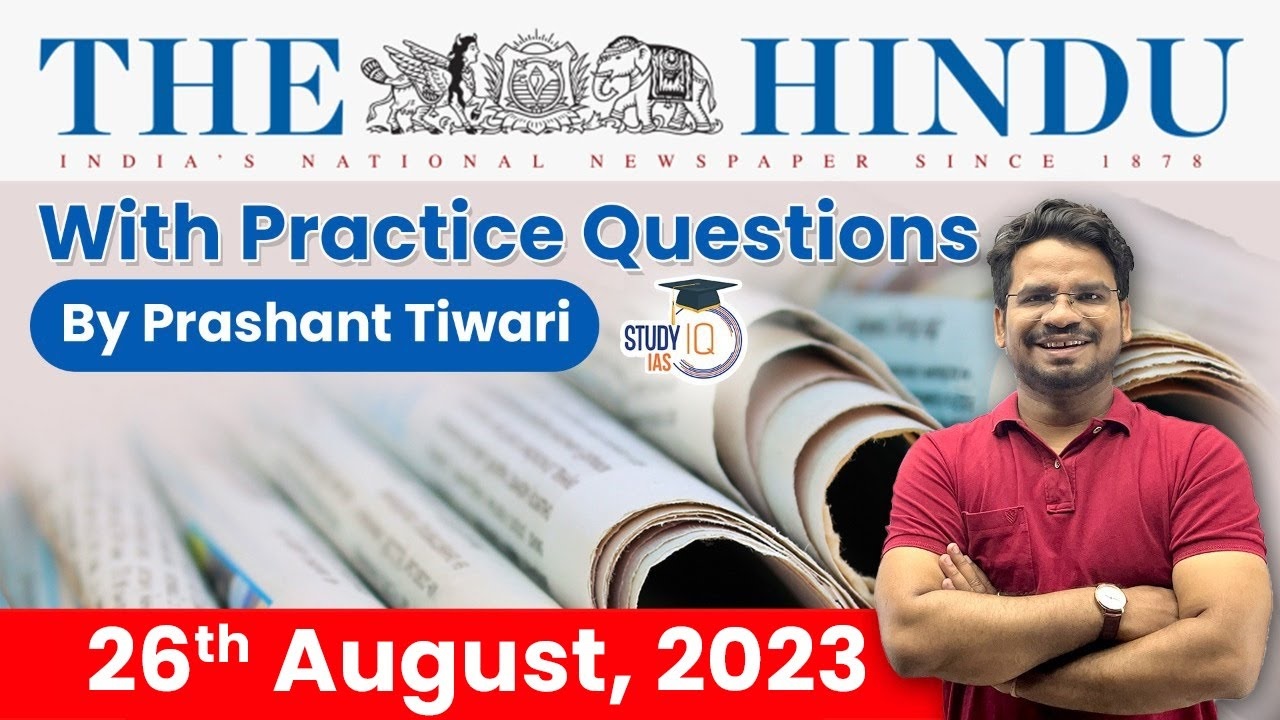
 Green Hydrogen Certification Scheme of I...
Green Hydrogen Certification Scheme of I...
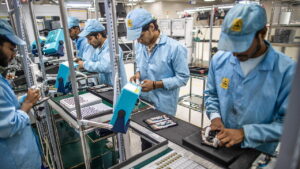 Repairability Index for Mobile and Elect...
Repairability Index for Mobile and Elect...
 Project SeaCURE: Ocean’s New Role in F...
Project SeaCURE: Ocean’s New Role in F...

